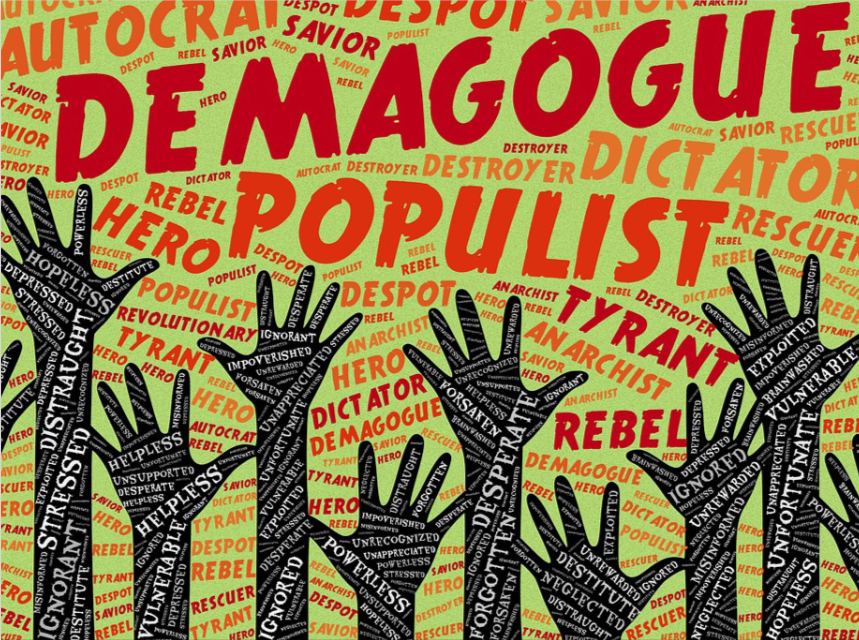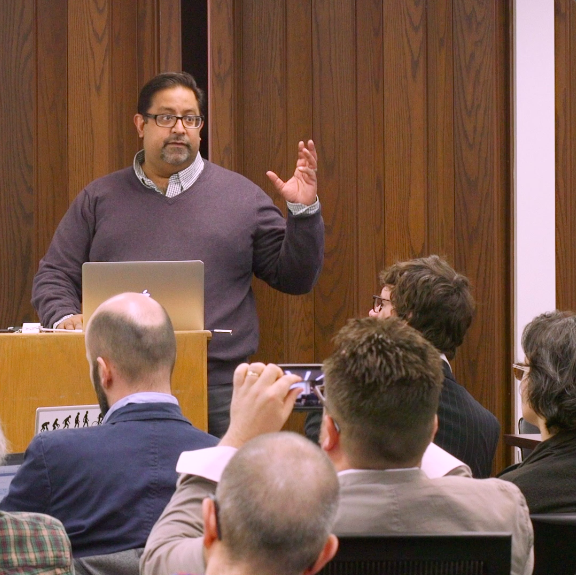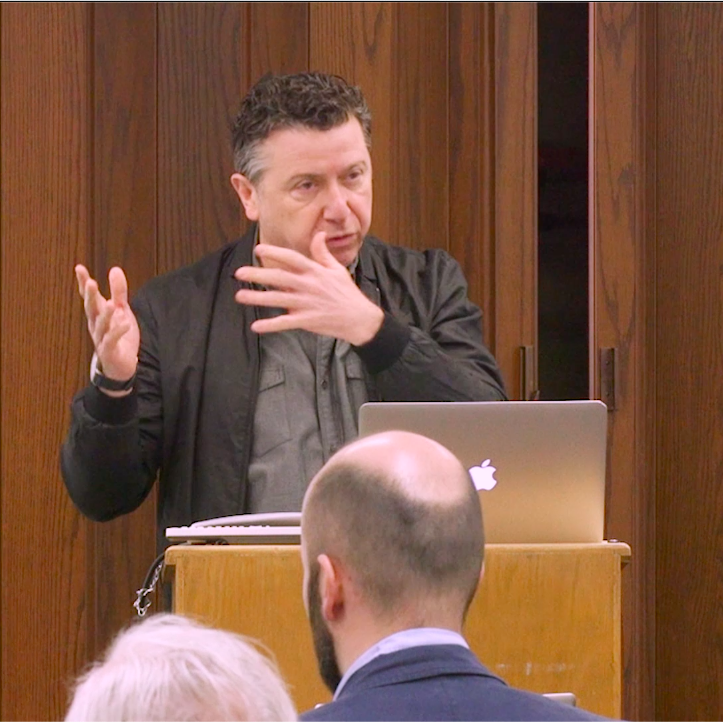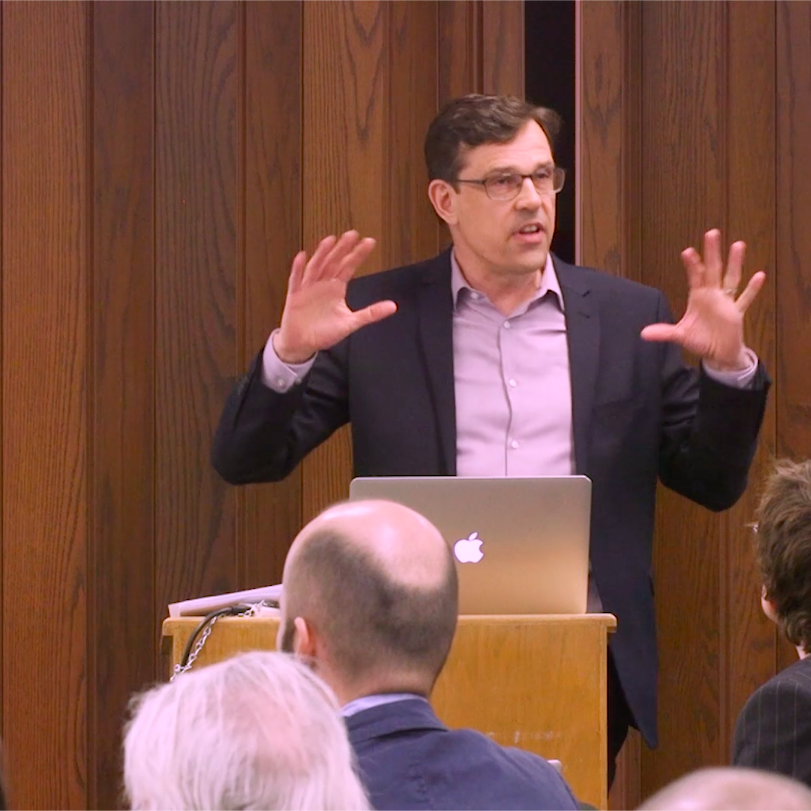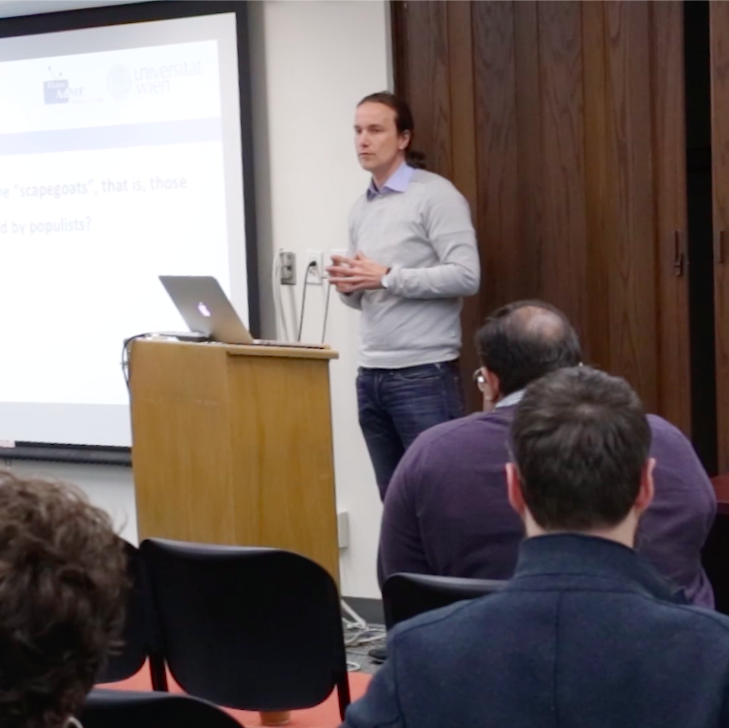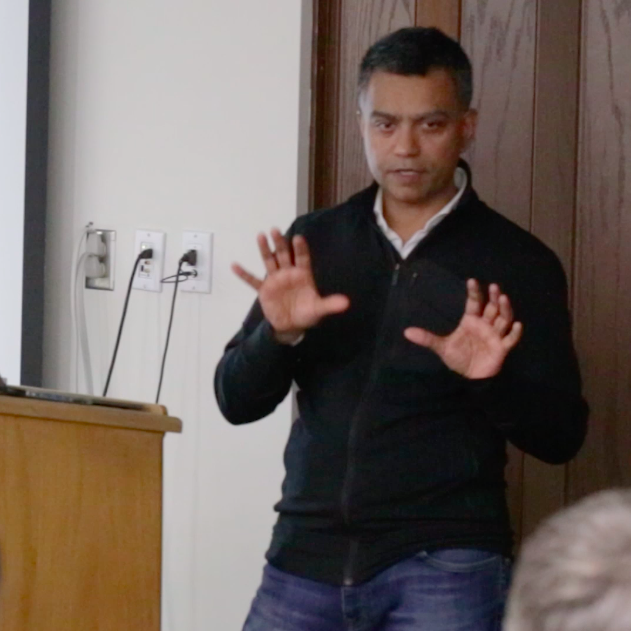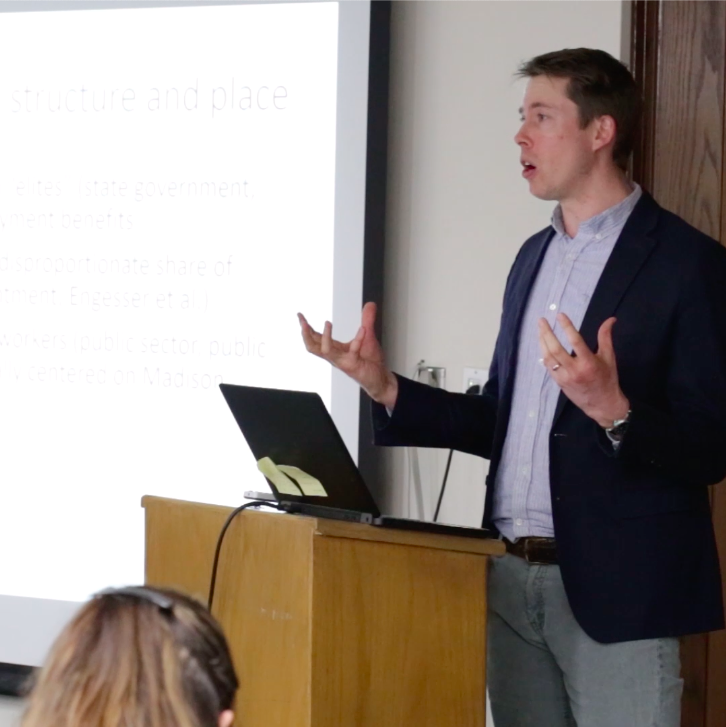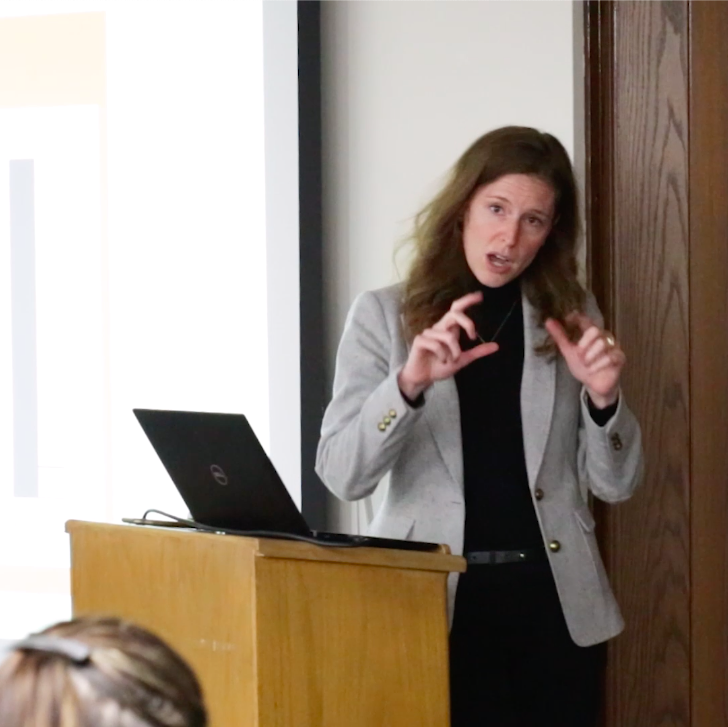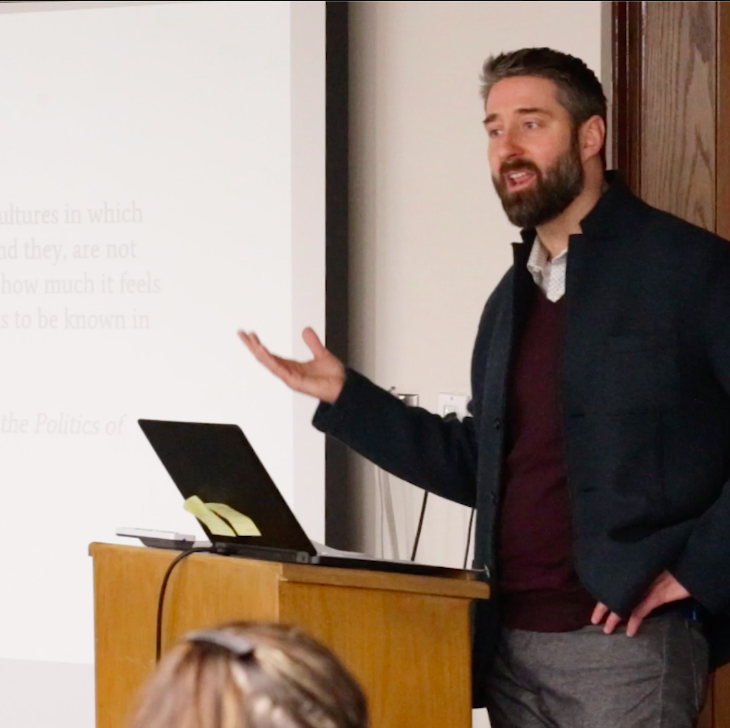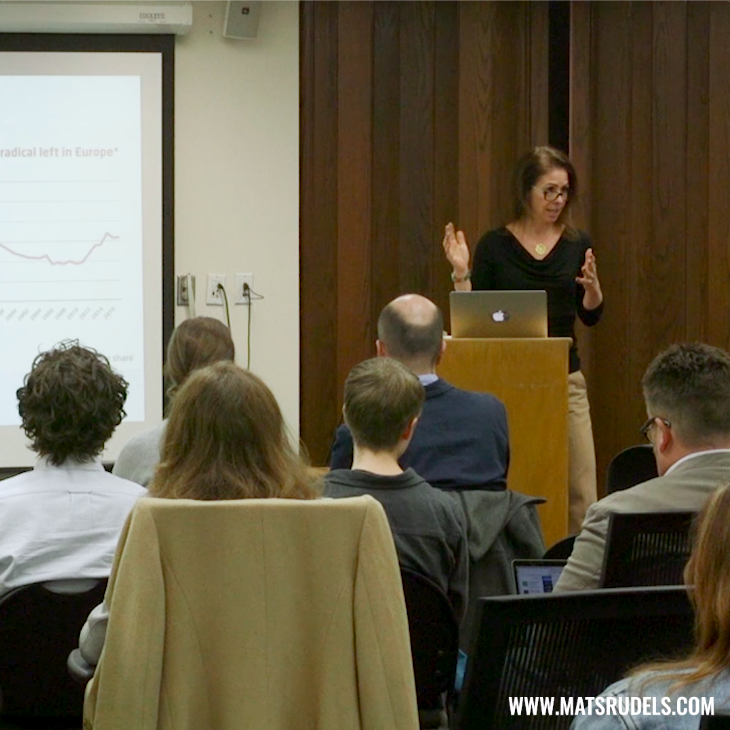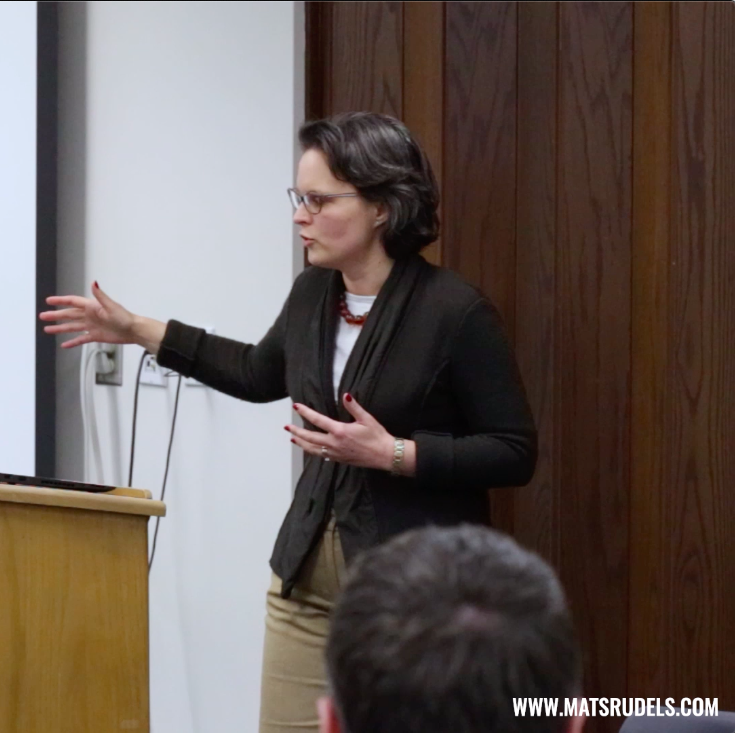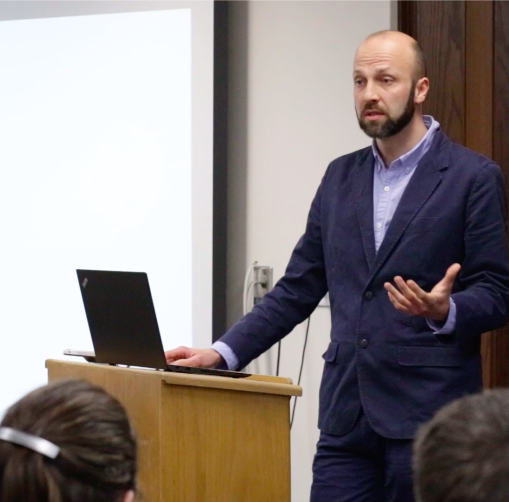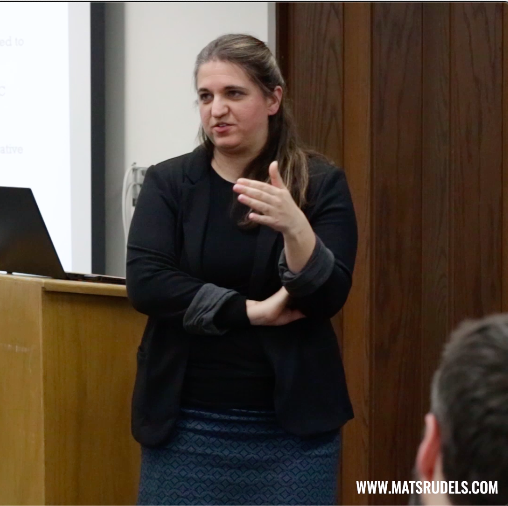Democracies across Europe and the Americas are in crisis due to the rise of populism…
15+ talks
Communication, Populism, and the Crisis of Democracy Symposium | Friday, March 2, 2018
Within this context, The Politics of Contention symposium seeks to bring together scholars from Europe and America to consider populism and its relationship to contemporary communication ecology.
PlayPresentations
Click on image to read more & view the talk…
Lance Bennett - KEYNOTE SPEAKER
Communication and the Crisis of Democracy: Institutional Decline, Disinformation, and the Rise of the Radical RightPippa Norris - KEYNOTE SPEAKER
Cultural Backlash: Trump, Brexit, and the Rise of Authoritarian PopulismDhavan Shah | Jiyoun Suk
Economic Trends, Geographic Differences, and Local News and Talk: Understanding Polarized Political Evaluations During Periods of ContentionSilvio Waisbord
Populism and Post-Truth: Time to Revisit Normative Models of Public Communication?Frank Esser
Populism -- A Big Hit in European Political Communication ResearchJorg Matthes | + Panel Discussion
Effects of Anti-Muslim Populist Campaigns on Majority and Minority Groups: Implications for Social CohesionDeb Roy
Listening Technologies for Understanding Public OpinionChris Wells
The Social Geography of Contentious Politics and its Linguistic MarkersTalia Stroud
Partisan Polarization and the News MediaDaniel Kreiss | + Panel Discussion
Identity, Communication, and Democracy: Tracing Contentious Politics Across Contexts and MediumsSheri Berman
Declining democratic responsiveness and linkage in the US and EuropeKarolina Koc-Michalska
Populism and Facebook: 14 countries, 117 parties and 2014 EP election campaignSven Engesser
Authoritarianism, Populists and the Media: An Integrative Theoretical ModelJulia Azari | + Panel Discussion
The Political Geography of Presidential PopulismWe had two questions in mind…
(1) How has growing polarization and fragmentation in the media ecology, as reflected in partisan media, broadcast content, political advertising and social media, contributed to ideological and partisan political divides?
(2) Under what conditions does the flow of information in the media ecology encourage citizens across the ideological spectrum to retrench into increasingly homogeneous sub- clusters that amplify highly partisan messages of party leaders and political pundits?


